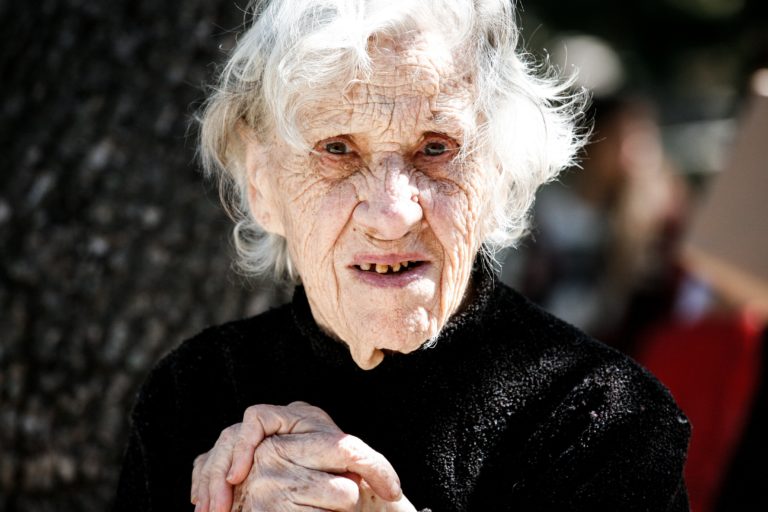
Image by Alex Proimos/Flickr (CC BY-NC 2.0)..
We’re Messed Up about Beauty
From Plato onward, it’s been said that a good life is one committed to three key values — truth, goodness, and beauty — not just as personal virtues but as guides to the common good.
Truth and goodness are hard values to hold in a culture laced with lies and “socially acceptable” forms of cruelty. People regularly get in trouble for telling truths that others don’t want to hear, or for “doing good” in ways that challenge us to be responsible for one another. Trying to live a good life doesn’t always make you popular!
But if our culture is messed up about truth and goodness, it’s really messed up about beauty. That’s why I treasure this poem, “Rembrandt’s Late Self-Portraits.” Here, beauty has nothing to do with the way it’s portrayed in fashion magazines. The poet celebrates the fact that Rembrandt found beauty in aging, physical diminishment, anguish, even in darkness and death. He did it animated by humility, unflinching self-knowledge, and love — “love of the art and others” — in a way that can “divest us of fear of death.”
This poem has been a faithful companion to my own aging over the past few years. Every time I read it, I get a new insight for my journey. Every time I read it, I think, “If we could see beauty as Rembrandt saw it — in that which the world rejects as ugly — we would find ourselves better able to live into the demands of truth and goodness.”
Rembrandt’s Late Self-Portraits
by Elizabeth JenningsYou are confronted with yourself. Each year
The pouches fill, the skin is uglier.
You give it all unflinchingly. You stare
Into yourself, beyond. Your brush’s care
Runs with self-knowledge. Here(Excerpted from The Collected Poems. Read the full poem here.)

